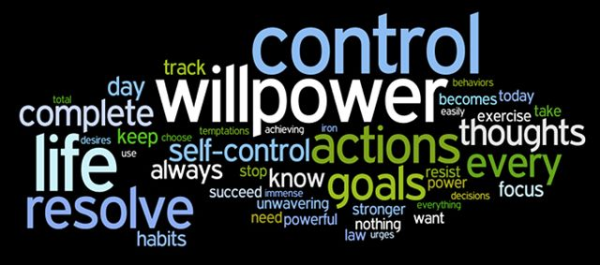The Mobile Future is Right Before Our Eyes!
Last week, I traveled to Dallas, TX for a guys’ weekend with my son Tony, his close friend Steven, and my brother Mark. While there, we also attended the Bills vs. Cowboys football game. Having grown up in Rochester, NY, I am a Bills fan, which is often difficult to endure. That weekend was no exception. Even after a great start to the season, the Bills lost 44 to 7. Other than that, we had a great time, and the Cowboys’ stadium is off the charts!
You seem to open your eyes more to what is around you when you’re in a new environment, so being a bit more observant, I watched the nonstop mobile usage around me. These observations made me want to share some recent research that has been released. Based on the research and my own thoughts, mobile devices are becoming a powerful force in our lives.
As we went to restaurants, the social watering holes, the tailgate party, and even in the stadium, I noticed how many people were using their mobile devices to stay in touch, update Facebook and Twitter, and take pictures to upload or send out to everyone. Sitting in Cracker Barrel next to a table filled with the 60 plus crowd waiting on their food, I watched all of them tapping away, or reading what was on their phones. This is universal and will expand as speed increases and apps are introduced, making our lives easier as well as more resourceful and connected.

In a previous blog, I discussed the research of Mary Meeker, a leader in mobile technology research. She released new data at the Web 2.0 Summitrecently, and it showed the continued surge of mobile usage, traffic, and e-commerce.
In the area of e-commerce, she discussed how eBay’s mobile sales have reached $4-billion, Paypal has hit $3-billion, Amazon has made $2-billion, and Square is at $1-billion. All had big increases with Square up 20,000% year over year growth! From what I observed, it is just going to continue to be off the charts!
Meeker explained that over the past year, the use of mobile search has increased four times, and the mobile app and advertising revenue combined has been growing at 153% annual compound rate since 2008. At that time, the revenue was at $700-million, and now it has hit $12-billion! This is amazing growth!
For internet services like Pandora, Twitter, and Facebook, a large portion of their traffic is from mobile devices. Actually, for Pandora and Twitter, the majority of their traffic is mobile with Pandora generating 65% of traffic and Twitter gaining 55% of traffic this way. Approximately 33% of Facebook traffic comes from mobile devices, and it is increasing dramatically.
This all means we are entering a world much different from where we have been, and it is changing fast. We will be doing so much more on our mobile devices, and this will drive how we work and play. How does this affect you and your business? Can you improve your service to allow easier access to your products and services over mobile devices?
As I contemplated these questions over the weekend, I had an idea dealing with mobile devices and connecting people that has been brewing for awhile now, but it was solidified in Dallas. What ideas do you have to connect people, share information, or simplify things? The next Gates, Jobs, or Zuckerberg is brewing and will show up soon. Why not you?
